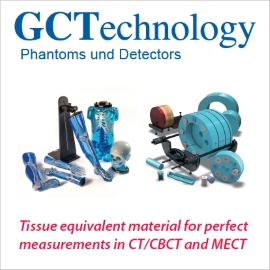
AI-based decision support shows enormous potential for radiology, for example in neurological applications and disease detection in chest radiography. However, the technology is no "one-size-fits-all" solution – awareness of patient groups and associated limitations is crucial to choosing the right tools and ensuring reliable results.

Article • Current and emerging imaging applications
Challenges of AI in chest radiography
Physicians use AI-powered technology for faster and earlier detection of diseases. At ECR Overture, Dr Steven Schalekamp, PhD, discussed the application of AI for chest radiography in paediatrics.
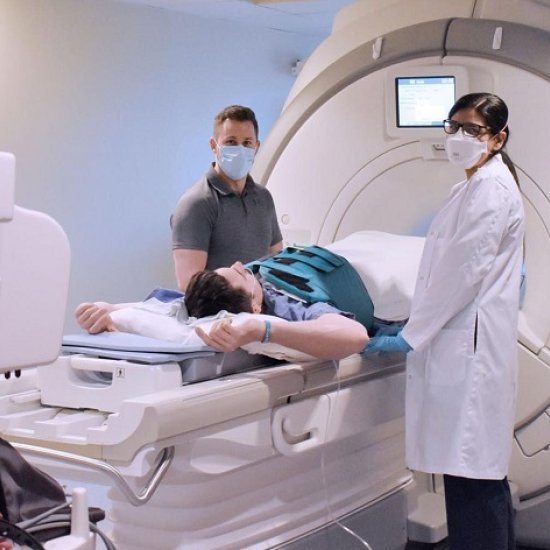 |
News • Targeted treatmentLung-imaging shows cause of long COVID symptomsUsing functional MRI with inhaled xenon gas, researchers have identified that long COVID symptoms are related to microscopic abnormalities that affect how oxygen is exchanged from the lungs to the red blood cells. |
Advertisement |
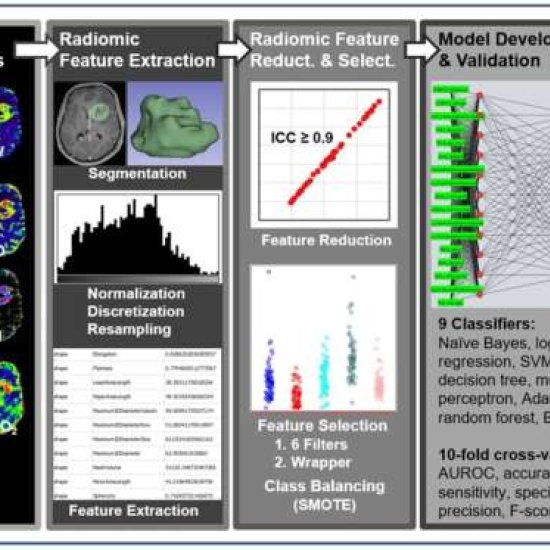 |
News • RadiophysiomicsDiagnosing brain tumors using machine learningThe classification of brain tumors—and thus the choice of optimal treatment options—can become more accurate and precise through the use of artificial intelligence in combination with physiological imaging. |
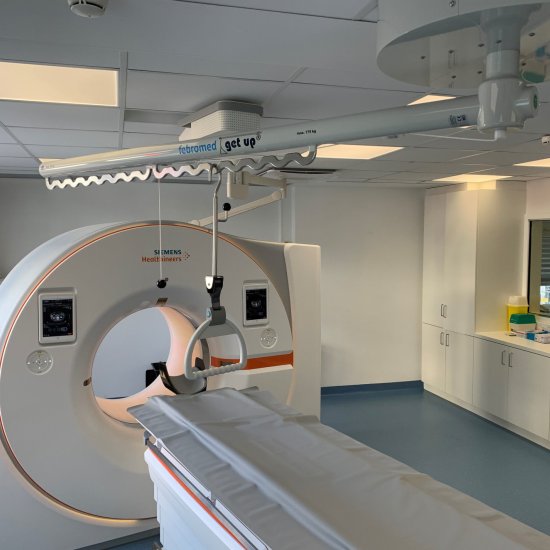 |
Sponsored • Radiology equipmentLatest technology meets solid technologyIn radiology, it is important to place patients safely and precisely. This works with the "GetUp®" holding system from Febromed. |
 |
News • Not just for bitcoinBlockchain can secure and store genomesBlockchain is a digital technology that allows a secure and decentralized record of transactions. Now, researchers leveraged blockchain to give individuals control of their own genomes. |
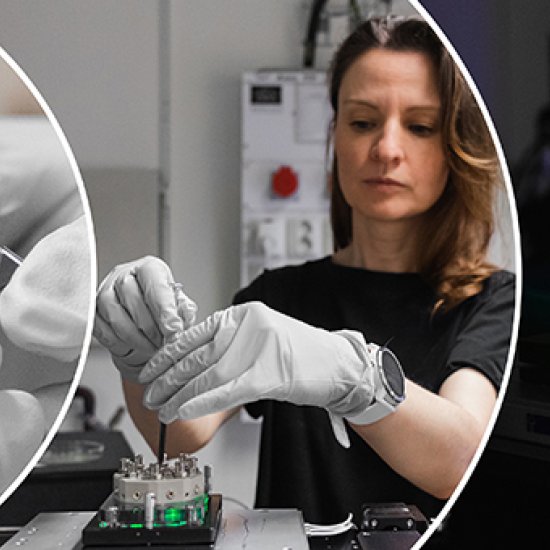 |
News • NanochannelsGroundbreaking: Nanofluidic scattering microscopyTo develop new drugs, detailed knowledge about nature’s smallest biological building blocks is required. A new microscopy technique that allows proteins, DNA and other tiny biological particles to be studied in their natural state. |
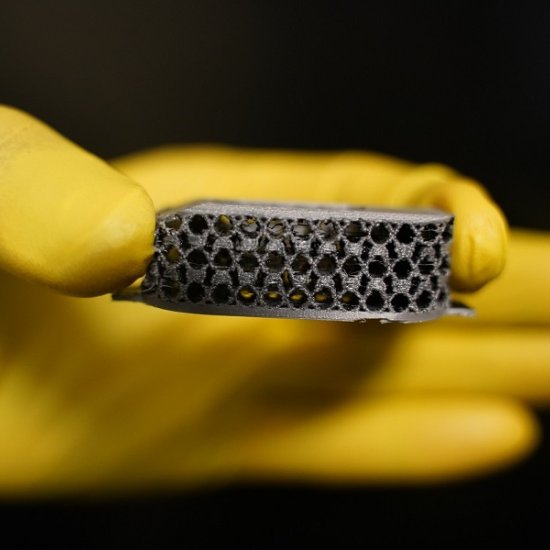 |
News • Self-poweredSmart implants monitor spinal fusion healingSpinal fusion—fusing two vertebrae together—can treat a wide variety of spinal disorders. A patient-specific 3D-printed smart metamaterial implant doubles as sensor to monitor spinal healing. |
Collections
 Article • Technology overviewArtificial intelligence (AI) in healthcare |
 Article • Covid-19Coronavirus update |
You are receiving this email because you subscribed to our newsletter on healthcare-in-europe If you don’t want to receive this newsletter anymore, click here to unsubscribe. Keep up-to-date on the latest news from all hospital-related fields! Copyright © 2025 mgo fachverlage GmbH & Co. KG. E.-C.-Baumann-Straße 5, 95326 Kulmbach, Germany |

